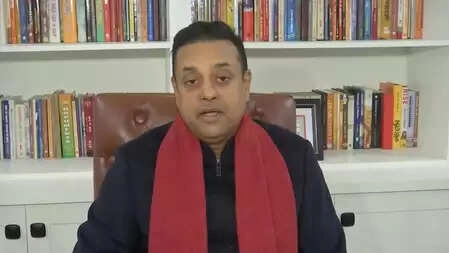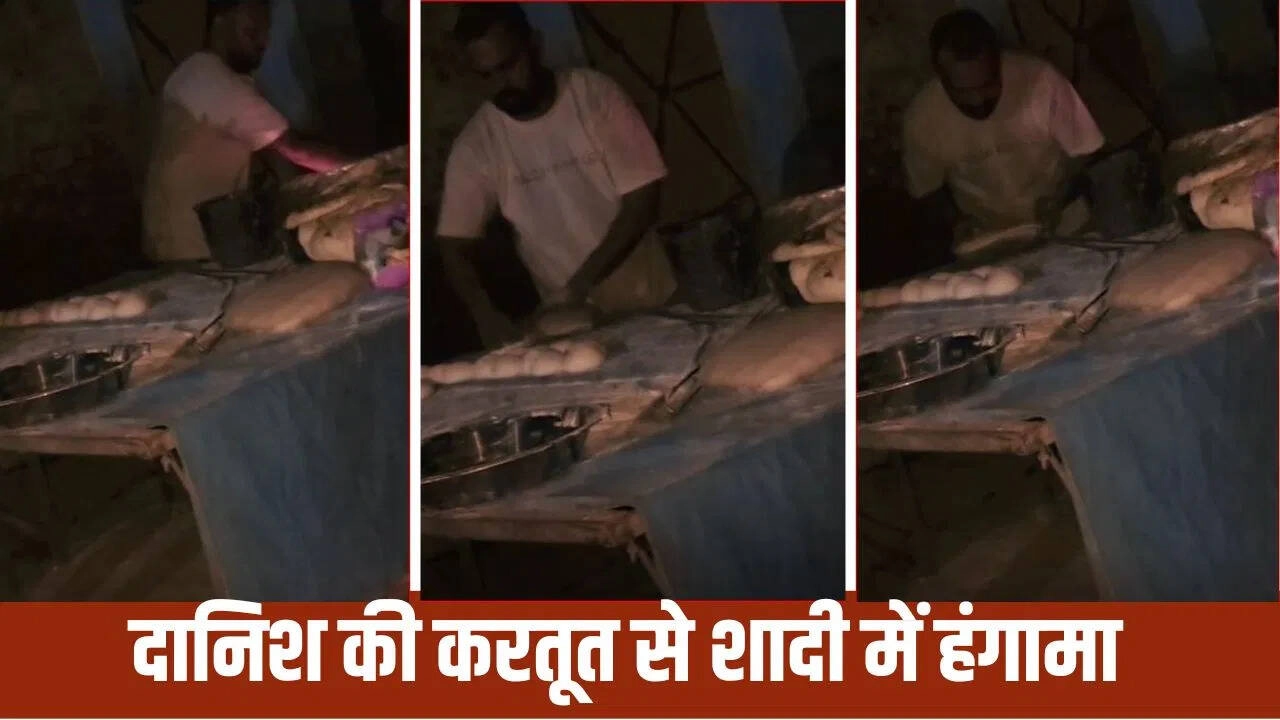In a significant political development in Uttar Pradesh, Akhilesh Yadav, the leader of the Samajwadi Party, has taken decisive action by expelling an MLA from the party after the latter publicly praised Chief Minister Yogi Adityanath for his role in delivering justice in the murder of her husband. This incident underscores the intricate dynamics of political loyalty and the complexities that often arise within party structures, especially in a state as politically charged as Uttar Pradesh. The MLA’s comments, which were perceived as a betrayal by Yadav and the Samajwadi Party, have sparked discussions about the challenges political leaders face in maintaining unity and coherence within their ranks.
The MLA in question had expressed gratitude toward Yogi Adityanath’s administration for addressing the murder case of her husband, suggesting that the government had acted decisively and effectively. Such praise for a rival political figure is seen as a significant transgression in the cutthroat world of politics, where allegiance to one’s party is paramount. Yadav’s swift decision to expel the MLA highlights his commitment to reinforcing party loyalty and sends a clear message to other members about the consequences of straying from party lines. This action not only reflects Yadav’s leadership style but also serves as a reminder of the delicate balance that political figures must maintain between personal experiences and party allegiance.
The incident also raises broader questions about justice and governance in Uttar Pradesh, where political affiliations often influence public perceptions of law enforcement and judicial processes. The praise for Adityanath’s government, particularly in a sensitive case like a murder, complicates the narrative surrounding the effectiveness of his administration. It illustrates how deeply personal experiences can intersect with political narratives, potentially altering public opinion and party dynamics. As political battles continue to unfold in the state, the ramifications of such incidents will likely resonate beyond the immediate party landscape, influencing voter sentiments and shaping future electoral strategies.
As the political landscape in Uttar Pradesh evolves, the ramifications of this expulsion could extend beyond the immediate fallout. It serves as a critical reminder of the challenges political leaders face in fostering loyalty while also addressing the needs and sentiments of constituents. Akhilesh Yadav’s decision to take a firm stand against dissent within his party reflects a broader strategy to consolidate power and maintain control as the state approaches future elections. The interplay between personal narratives of justice and the overarching political strategies of parties will continue to shape the discourse in Uttar Pradesh, making it a focal point for political observers and analysts alike.




